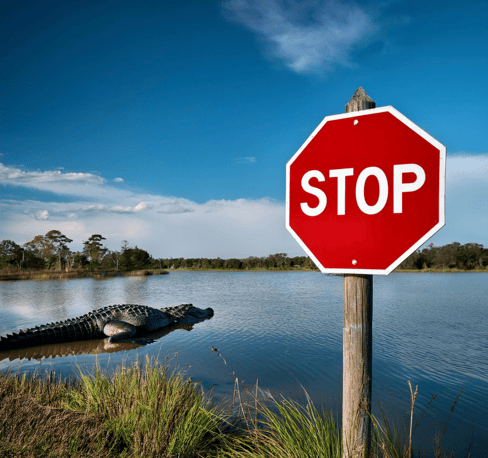Introduction to DBT - The "STOP" skill
A brief outline of Dialectical Behavioural Therapy and a skill drawn from the distress tolerance module of the therapy. The "STOP" skill is useful for managing automatic responses to stressful situations and responding more mindfully.
12/17/20242 min read


Dialectical Behaviour Therapy (DBT) is a type of therapy that was developed by Marsha Linehan while working with highly suicidal young women in the 1970’s. This treatment developed into a highly effective treatment for Borderline Personality Disorder and was the first form of psychotherapy to formally incorporate mindfulness. DBT has since been found to be effective form of treatment for a range of mental health diagnoses and presentations.
Part of the process of DBT is learning various “skills” corresponding to four main modules: emotional regulation (managing emotions and building positive experiences), interpersonal effectiveness (developing relationship skills, such as assertiveness), mindfulness (sitting non-judgementally in the present moment) and distress tolerance (getting through stressful situations).
These skills are denoted by acronyms to make them easy to remember. For example the “STOP” skill is drawn from the distress tolerance module and is used for situations where you often feel overwhelmed and your emotional state influences your decision making in negative ways.
Stop – Pause and don’t react immediately
Take a Step Back – Give yourself some time to think and take a few deep breaths. Delaying the automatic response will allow you the best outcomes for this difficult time. If you can, remove yourself from the situation – even mentally.
Observe – Become aware of what is going on around internally for you and around you. This can include things like thoughts, emotions, physical sensations, voices, noises etc.
Proceed Mindfully – Act with awareness around what you have just observed and consider the outcomes of the various ways you could choose to interact with the situation now.
The key to the Stop Skill is to notice the physiological changes associated with the feeling of distress. The researcher John Gottman called the experience of being overwhelmed with emotion as “diffuse physiological arousal” or “flooding”. This is very similar to an intense fight or flight response (the anxiety response).
When you get to the stage of being “flooded” it’s very difficult to apply any behavioural or cognitive strategy. However if you are able to increase the awareness of your physical and mental state (through mindfulness techniques explored in the mindfulness module) you can notice the “early warning signs” of becoming distressed and apply the appropriate skills – including the STOP skill – at this stage. You will notice that this corresponds to the third “stage” of this skill – Observe. By applying strategies early and continual practice it is possible to approach situations in a different and more adaptive way.
Mindfulness is weaved throughout the entirety of DBT and is worthy of its own post. DBT is often run in group programs but can also be delivered individually. There are many other great skills that can be learned throughout the DBT modules to help with emotions, relationships, anger, cravings, stress and many other areas of mental health.
A key part of Dialectical Behaviour Therapy is the concept of the “dialectic” which is a philosophical concept of bringing two contrasting or competing ideas to a resolution through a structured process. The idea of “competing” drives and emotions, behaviours and impulses often operating in opposition to each other is similar to Freud’s and Nietzsche’s conception of the psyche. I have often had patients who suffer from Borderline Personality Disorder describe a very painful process of being pushed and pulled simultaneously from different sources and situations which results in an extreme amount of mental and emotional tension. Luckily there are evidenced based treatments out there and there is a very strong evidence base for the effectiveness of DBT on various mental health conditions - including BPD.
I will try and supplement this post with some more information around mindfulness and also use it as an opportunity to post some more DBT skills in the future.



